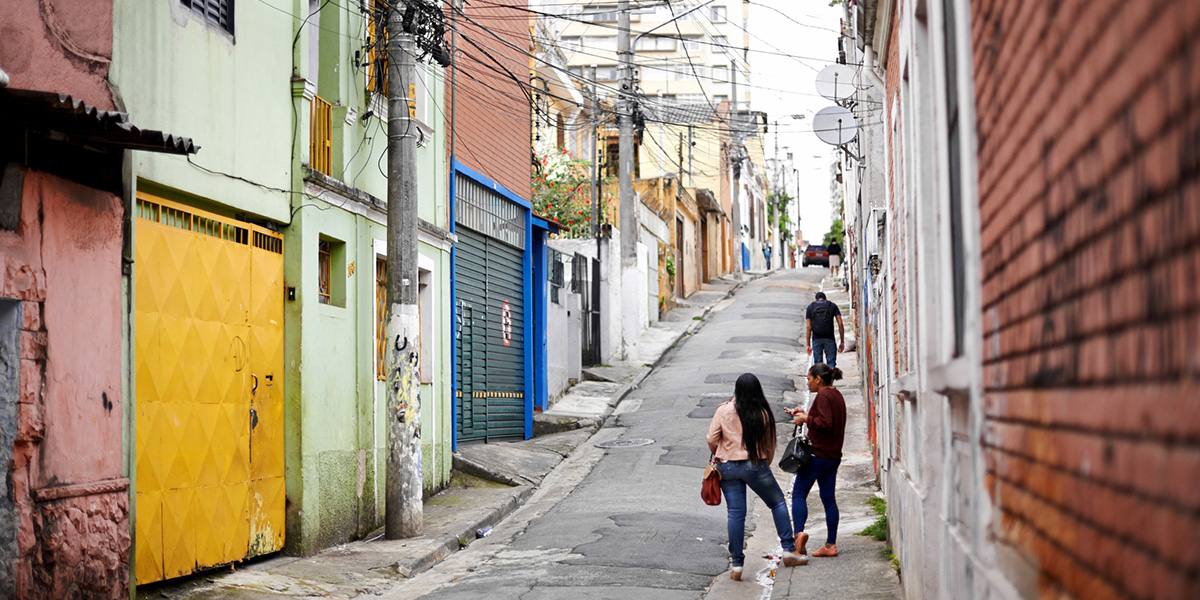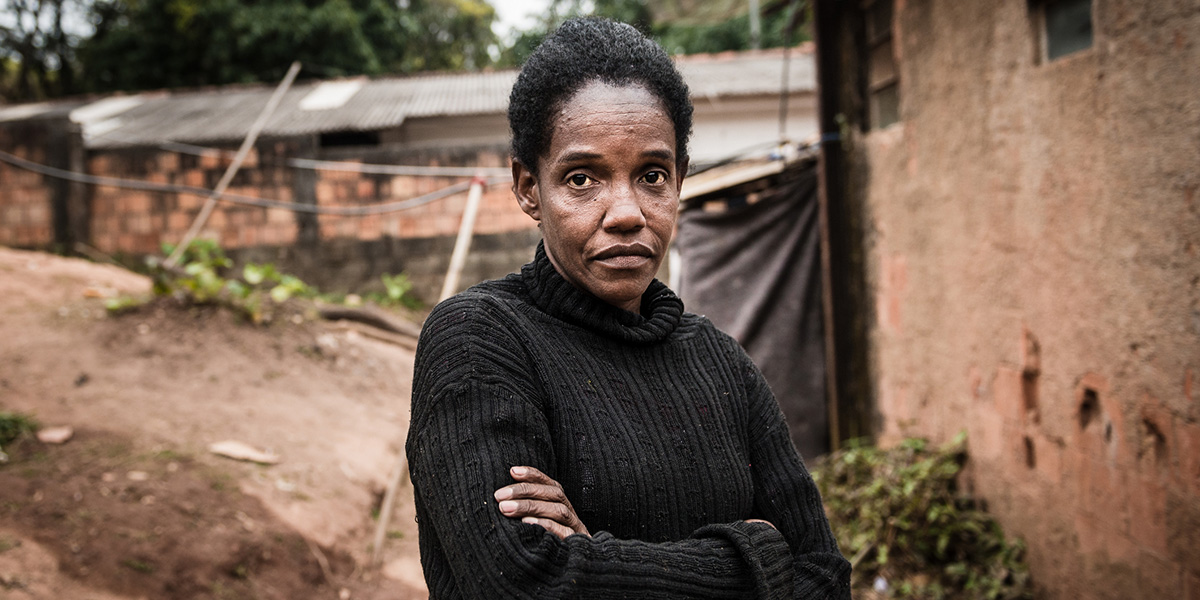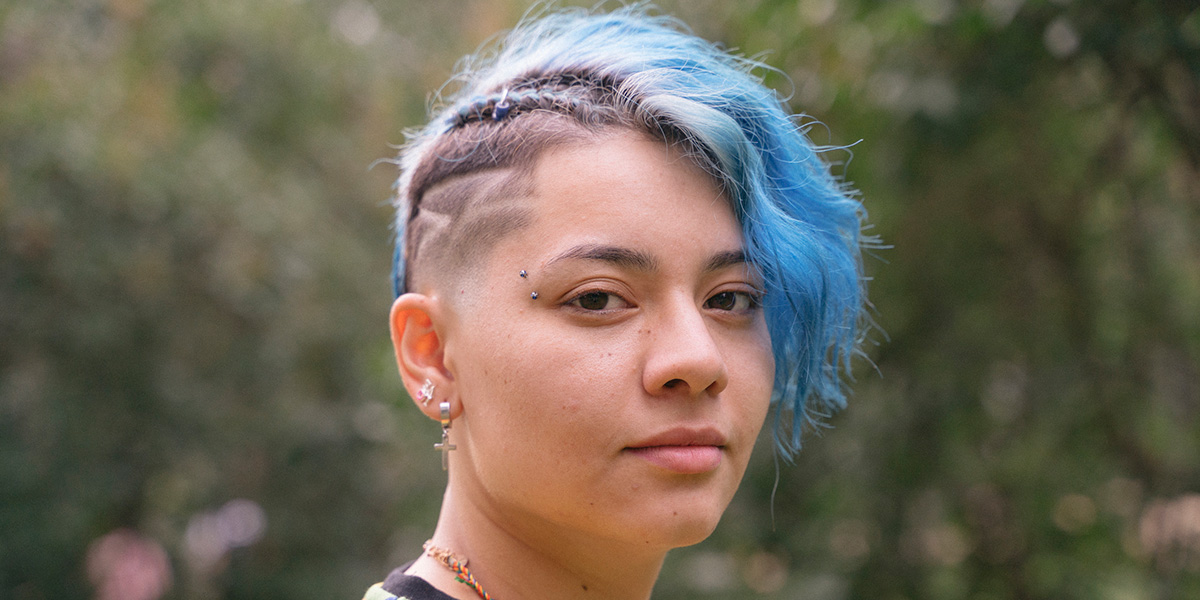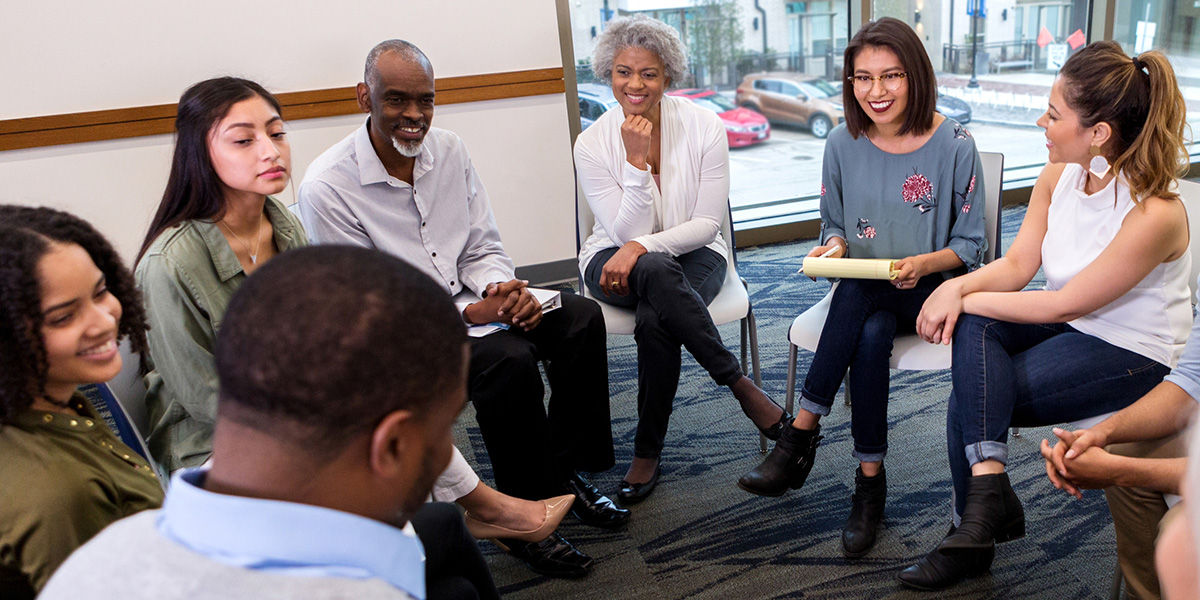
Why Inclusivity is Important in Addiction Recovery: Rethinking ‘Treatment as Usual’
Photo from Getty Images
Originally Posted On: https://magnoliarecoverycare.com/blog/inclusivity-in-recovery/
For far too long, the addiction treatment industry has been dominated by elite and majority groups. The belief that addiction is a disease of the weak-willed and morally corrupt has been cemented into our minds as a culture. When you start to break this down, it becomes clear that a large reason for this misconception is that drug use was stigmatized in communities of color and for many other minority groups. The stigma has carried over into the treatment industry, where people who are constantly discriminated against or marginalized due to their race, ethnicity, gender identity, sexuality, and other factors are often left out in the cold. As a result, addiction treatment has become a system of exclusion.
When it comes to the standard addiction recovery process, it is assumed that everyone has access to the same resources and information. Unfortunately, this assumption does not consider some of the key barriers in addiction recovery that people face. Key barriers in addiction recovery can be defined as anything that makes it more difficult for someone to participate or engage with the services they need. Today, we will be focusing on a few of the top barriers and making the case for why inclusivity is important in addiction recovery.
Top Barriers Preventing an Inclusive Addiction Recovery
 Photo from Getty Images
Photo from Getty Images
Barrier 1: Access to Information
One of the strongest obstacles for someone to get the help they need with an addition is a lack of access to information. For example, people who are living in poverty or without insurance may not have the means to seek out treatment information. They may also not have the most reliable sources of information—where an uncredible outlet could encourage someone to engage in risky behavior or ignore a problem that ends up spiraling out of control until it’s even harder to resolve.
Barrier 2: Access to Resources
Without an awareness of legitimate opportunities for treatment resources, people are left struggling with their addiction on their own. As we know, this can result in an overdose or death.
Barrier 3: Discrimination by Treatment Providers
In the past, people have been denied entry into treatment due to their race, ethnicity, and other marginalized identities. Sometimes this is done on purpose, while other times it is due to an unconscious bias. All explanations as to why this barrier exists must be better understood in order to alleviate the burden and help people get the treatment they deserve.
We, as a society, need to break down these barriers and make sure that everyone has access to affordable treatment, and the information they need. Without these things, many people will continue to struggle with addiction, and many more lives will be lost. This is why inclusivity is important in addiction recovery and must be prioritized.
Historic Challenges Exemplified
The historic challenges have shed light on the importance of considering new approaches to addiction recovery. The traditional approach is very structured and can be intimidating for many people.
For example:
- Some individuals may not feel comfortable in the group setting, and others may feel that their individuality is compromised. This can be an issue for people who identify as introverts or those who prefer more one-on-one attention.
- Some people may feel that the traditional approach to addiction recovery is not conducive to their religious beliefs or personal values.
- Some people may not feel comfortable discussing their addiction in a group setting due to the stigma surrounding substance use disorder.
- Others may have an aversion to the idea of ‘treatment as usual’ because they are uncomfortable with mainstream ideas about addiction.
- For people who have experienced trauma, the traditional approach to addiction recovery may not be a good fit. The repetitive nature of the typical treatment plan can make people feel like they are being retraumatized.
As you can see, the traditional approach to addiction recovery is not always accessible or inclusive. A “one solution fits all” approach will never best serve the diverse and unique nature of the American community. Let’s now explore different communities and their relationship with traditional addiction recovery offerings.
Understanding The Impact Socioeconomic Status Has on Addiction Recovery
 Photo from Getty Images
Photo from Getty Images
It’s no secret that wealthy individuals have access to the best possible treatment options, while lower income individuals struggle. Wealthier individuals are able to afford their addiction recovery needs and are not exposed to the same stressors or triggers that lower-income individuals are. When you live in a lower-income community, there is a higher risk of exposure to drugs and alcohol because they are so accessible.
Some wealthy individuals may not want to go through the discomfort of detox or treatment. They are used to having things their way and may not want to be uncomfortable. Today, wealthy individuals have a lot of options when it comes to their addiction treatment plan. They can go to rehab, they can try suboxone detox, or they may even consider homeopathy. People with money are not limited when it comes to addiction recovery. This unfairly allows people with money a fast-pass to treatment services, while someone with less money (who may be more motivated to recover) does not have the means to do so.
Black Stereotypes are Harmful and Unfairly Prevent Addiction Recovery
The stereotype that black people are more likely to abuse drugs is not only incredibly harmful, but it’s also entirely inaccurate. There is no evidence to support this stereotype, and much data contradicts it. In fact, the 2018 National Survey on Drug Use and Health (NSDUH) found that the white and Hispanic populations in the United States were abusing substances above the rate of the black community. Despite these findings, among others like it, this stereotype that black people are most likely to abuse drugs has continued to persist in the face of overwhelming evidence.
The black community is often painted with a broad brush, especially when it comes to addiction. Due to wildly inappropriate and generalized judgments, many treatment providers assume that black people will be more likely to abuse drugs and alcohol. As we know, this is not the case.
However, this stereotype is only one part of the problem. When a member of the black community suffers from addiction, they also experience a number of other stressors that make it difficult for them to get clean and sober, unlike their peers. For instance, the black community is disproportionately affected by the struggles of poverty, homelessness, incarceration, and mental illness. These stressors make getting clean very difficult, as they are constantly exposed to these risk factors and triggers. Additionally, when members of the black community seek treatment for their addiction, they also must worry about suffering from experiencing racism in recovery settings. This is why it’s important to get rid of the harmful stereotypes about black people and addiction—so that we can create an inclusive space that should be designed to recover everyone from an addiction issue.
The LGBTQ Community’s Unique Addiction Recovery Struggles
When it comes to addiction recovery, the LGBTQ community has a lot of needs that are not being met. Many addiction treatment programs do not have specific services for the LGBTQ community aside from providing a safe space.
For example: Photo from Getty Images
Photo from Getty Images
- Some members of the LGBTQ community may not feel comfortable with traditional addiction treatment because they do not want to discuss their sexual orientation or gender identity in a group setting.
- Some members of the LGBTQ community may feel that they are not being taken seriously if their addiction is related to their sexual orientation or gender identity.
- Some members of the LGBTQ community may feel that they are being judged if their addiction is related to their sexual orientation or gender identity.
Another unique factor with the LGBTQ community is the prevalence of homelessness due to family rejection. When you are rejected by your family, it is very difficult to access services that may be vital for successful addiction recovery. Oftentimes, the traumatic event of being kicked out or disowned by family is what actually triggers these feelings of self-destruction, making it incredibly difficult to recover from turning to alcohol or drugs as a coping mechanism. These unique struggles do not allow members of the LGBTQ community who are homeless to have a fighting chance at getting clean and sober.
To combat these issues when someone from the LGBTQ community comes in for treatment, it is important that there are staff members who can identify with the unique struggles of addiction in this community. This will help the addicted individual feel like they understand and can connect with someone who understands what they are going through.
This is why it’s incredibly important that addiction treatment staff are educated in working with members of the LGBTQ community, especially when they are coming to terms with their sexuality or gender identity. This will create a safe space for them to be able to participate in the treatment process and provide a foundation for a successful recovery.
The Transgender Community Has Its Own Set of Struggles
The transgender community specifically has issues pertaining to being housed in addiction recovery shelters that do not match the gender they identify with. In this specific example, the lack of an inclusive program to ensure that the transgender community can rehabilitate in an environment that is safe and comfortable proves to be extremely harmful and unfair, as their peers are able to be provided these services without fear of being misgendered.
The transgender community has a lot of needs when it comes to addiction treatment and recovery. The first thing we must do is address the lack of services for transgender people. We need to ensure that addiction treatment programs have a way for members of the trans community to get in touch with their feelings and safely express their emotions. We need to provide a safe space that is open and accepting of the trans community because it’s important for them to feel comfortable to be themselves in order for them to get help. We need addiction treatment programs that are built around the needs of the trans community. Treatment providers and members of the recovery community have a responsibility to work towards an inclusive space that is safe for everyone to achieve full recovery.
The Benefits of an Inclusive Recovery Approach
 Photo from Getty Images
Photo from Getty Images
When we take a more inclusive approach to addiction treatment and recovery, it benefits everyone. In order to have a widespread impact, we need an inclusive system that is accessible to all populations. When people from all walks of life engage in addiction recovery, we all benefit. This is because everyone brings their own perspective to the table which can lead to new ideas and approaches that were not previously considered. When we include everyone in addiction recovery, the resources are also not limited to just those people who can afford them. This allows more people to get the help they need while ensuring that no one is left behind.
Another benefit of inclusivity is that it provides opportunities for people to share their personal experiences, which can lead to a better understanding of addiction and recovery. In many cases, people may not have been exposed to the realities of addiction or recovery. They may have misconceptions that are rooted in their lack of exposure to these issues. It’s not always easy to change your perspective, but it may be possible when you have a chance to hear from people who are directly impacted by addiction and recovery. That is the thought behind reaching out and leading with inclusivity. When people are able to share their stories, it can enhance the conversation on addiction and recovery. It also provides opportunities to educate others who were previously unaware of the struggles faced by members of addiction treatment communities.
The time must be now. By including everyone, we can break down these misconceptions and ensure that people have an accurate understanding of addiction. This is crucial because, without a clear picture, we cannot expect to implement an effective policy or practice. By leading with inclusivity, we all benefit. Know someone who needs help with substance abuse or addiction?
Our staff at Magnolia Recovery Care can help you find a treatment program today. Contact us to learn more about addiction and treatments that can help. If you or a loved one is not yet comfortable speaking with someone else about the issue, feel free to explore our website for more articles and free information.
